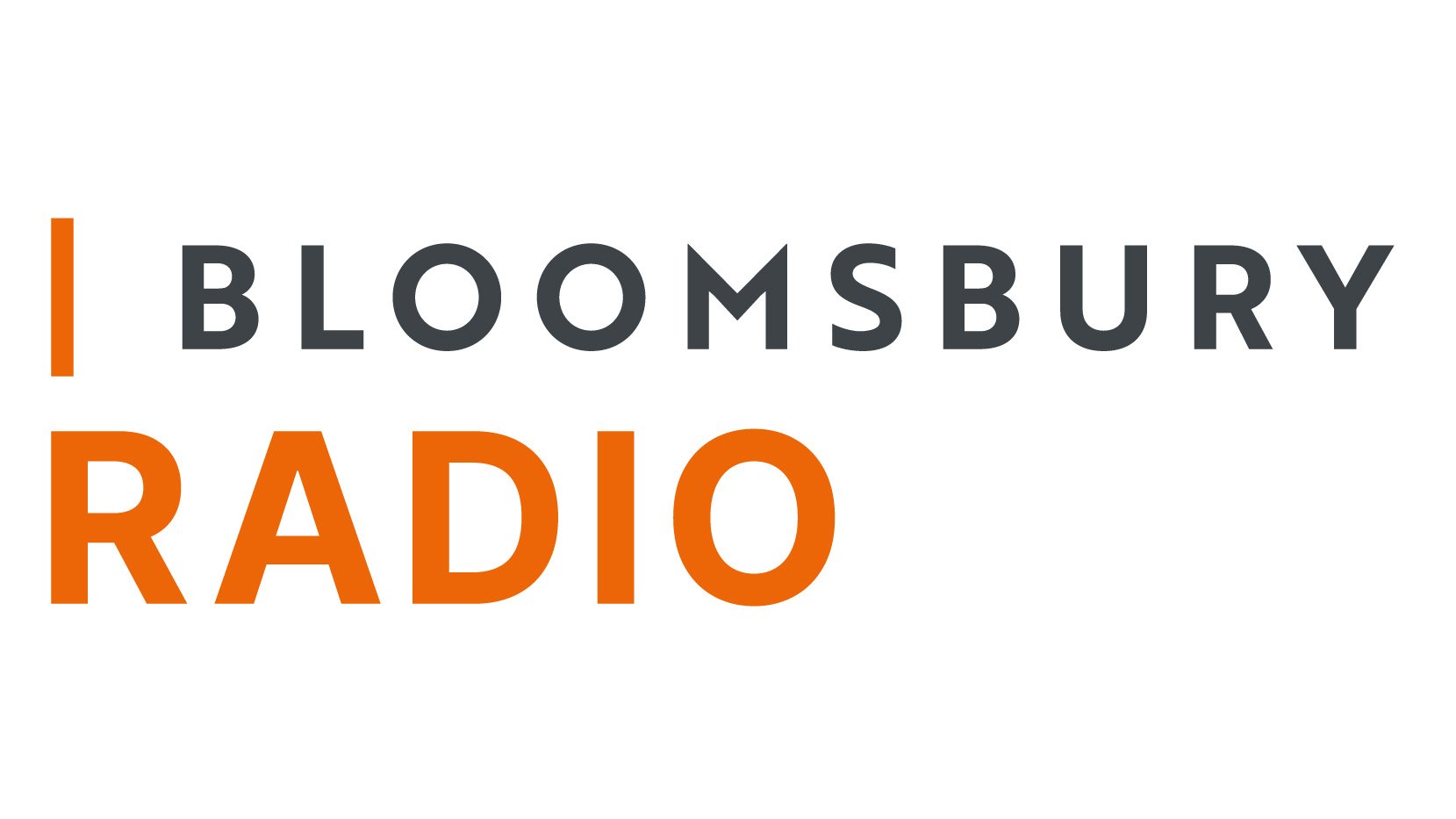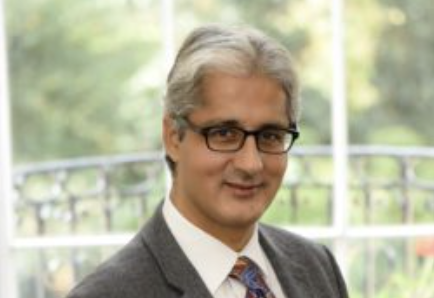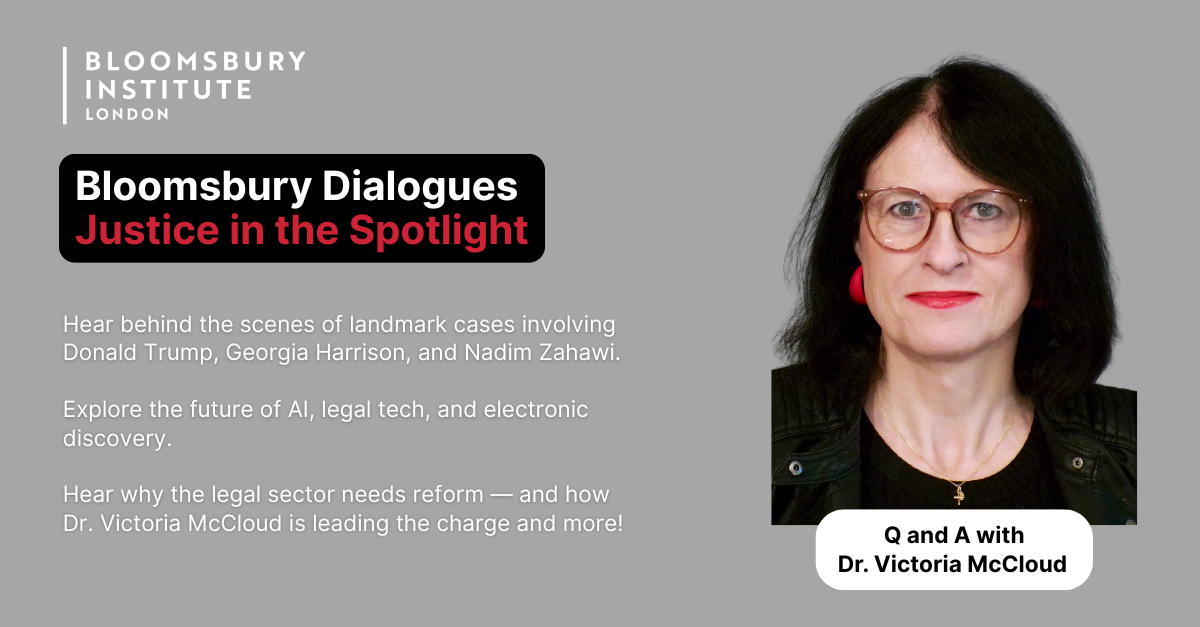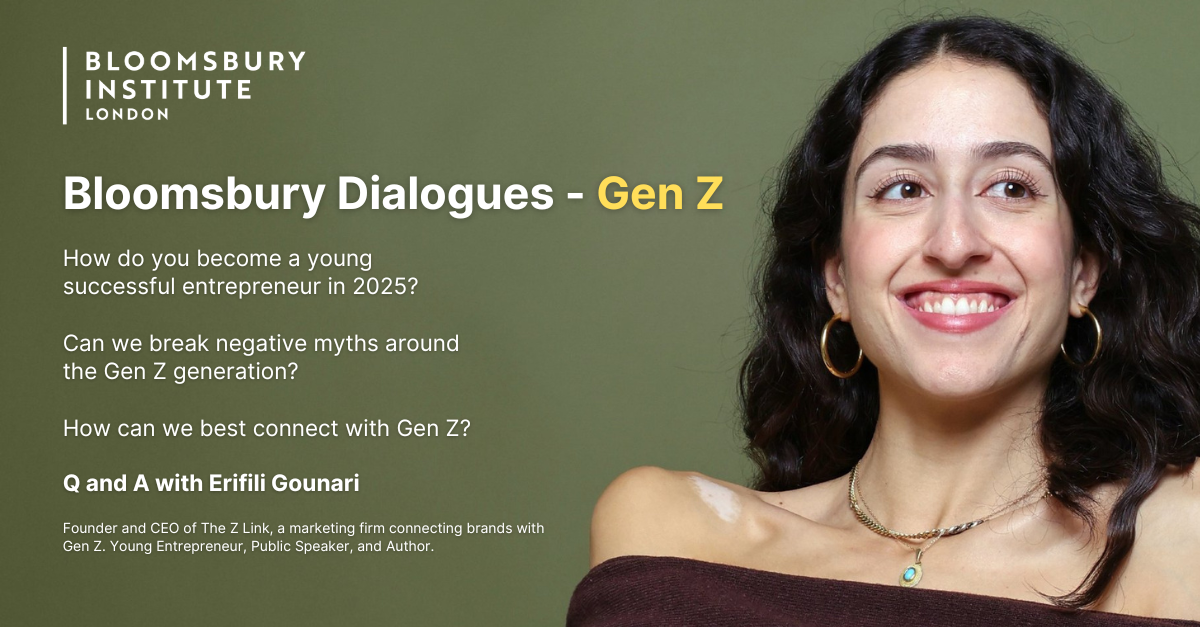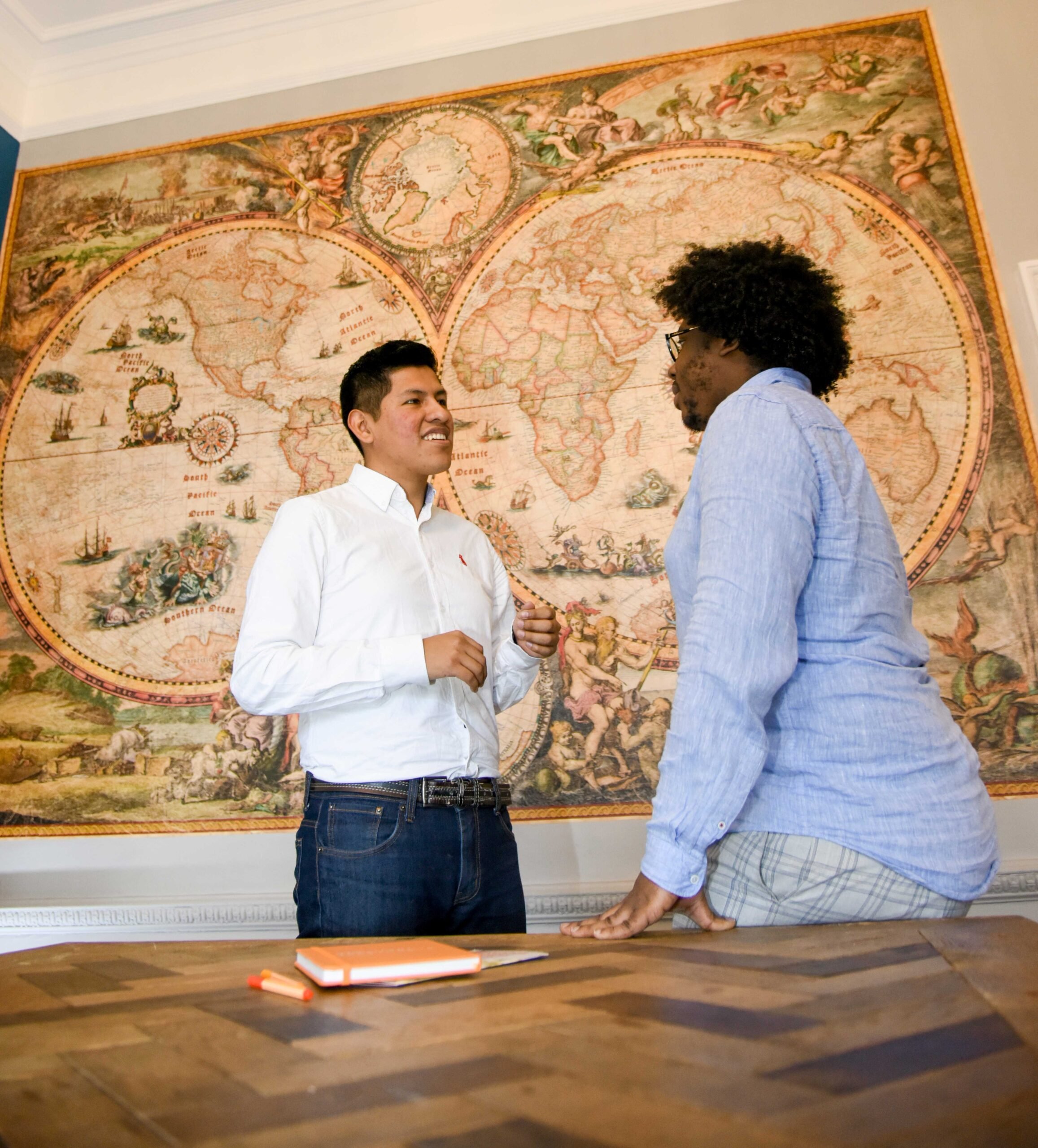The global entrepreneurial revolution is growing. Investments in early-stage and growth-stage companies are reaching new highs. Total value creation of the global startup economy has reached $2.3 trillion over the last three years. This revolution isn’t just happening in established startup hubs like Silicon Valley, London, and Shanghai – it is happening in thousands of small and emerging ecosystems and communities around the world. This was one of the key takeaways from four days of actionable intelligence, collaboration and collective action at the 2023 Global Entrepreneurship Congress (GEC) in Melbourne on 19-22 September. The event brought together people from around 1,500 people from over 120 countries to participate in creating one inclusive global ecosystem by networking, learning, and sharing.
Since its inception in 2009, the GEC has created opportunities for founders to share new business models and connect with experienced mentors and investors who help them scale. It has hosted thought leaders challenging the status quo; policymakers intent on incentivising entrepreneurs and removing barriers, and academics exploring new ways of working and new sources of data.
In a wide-ranging discussion, Bloomsbury Radio brought together several delegates to talk about their takeaways. Marc Ortmans, Chair, Global Entrepreneurship Network UK, chaired a panel looking at decarbonization and where entrepreneurs can provide a lead towards achieving net zero. Freda Miriklis, Chair, Commonwealth Businesswomen’s Network (CBWN), from Melbourne, highlighted the dynamism of the local ecosystem with Melbourne home to world class educational institutions that have really contributed to its startup success which have also consistently produced some of the top tier talent in fields like technology like engineering and business.
Tim Barnes, CEO, Centre for Entrepreneurs (CfE) ran a session on refugee entrepreneurship and the CfE’s global network, the Refugee Entrepreneurship Network which its runs for organisations from around the world to help refugees. Tim also visited Catalyzer in Melbourne in a fantastic start up space called Start Space housed in the State Library of Victoria.
Zulqarnain Abbas who works with the Senate of Pakistan emphasised the value of GEC for a country like Pakistan being a part of such a diverse dynamic ecosystem provides a valuable opportunity to learn and adopt. With a 250m population with 70% under the age of 30, was direct in acknowledging Pakistan’s recent challenges but also in the pivotal role that its young people can play in moving it to a better future equipped with an entrepreneurial mind and skill set. As he poignantly said, Pakistan is not defined by its challenges but in its response and that response is filled with talent. Jayren Teo, MD, GEN Singapore saw real synergies between the Singapore and Melbourne entrepreneur ecosystems while Hayley Cheung, a student of Politics and International Relations at the University of Melbourne, identified the key role of economic and social development of young people as without them, it is very difficult to build a foundation for entrepreneurship to flourish.
Elaine Gold, MD, GEN UK, was inspired by the GEN Compass Awards which recognise excellence in entrepreneurship, policymaking, investor support programs and research – and honour those who are making a difference in helping entrepreneurs start and scale around the world. Indeed Gen UK was overwhelmed for being nominated for 4 categories and winning Champion Catalyzer for Partnerships Overall.
Jerry Allen, Director of Entrepreneurship, UCL Innovation & Enterprise, recalled Jonathan Ortmans GEN’s President, who said that ‘entrepreneurship is messy’ but sorting out pathways to the mess is the collective challenge. He also said how entrepreneurship is emerging as a profession and becoming an emerging career path. Jerry also called for the level of responsibility that entrepreneurs ecosystem players have in not just recognising the world’s key challenges but in the steps they are going to make individually to make a difference on a wider level.
Finally Freda posed a challenge in saying how the current education system, at least in Australia, is ill equipped to deliver the sort of future that we need in the world tomorrow and that equipping young people with an entrepreneurial mindset and skill set is key. In that context she was inspired by how curriculum now is being addressed by Young Change Agents that work with young people in Australia.
Since its inception in 2009, the Global Entrepreneurship Congress (GEC) has created opportunities for founders to share new business models and connect with experienced mentors and investors who help them scale. It has hosted thought leaders challenging the status quo; policymakers intent on incentivising entrepreneurs and removing barriers, and academics exploring new ways of working and new sources of data.
